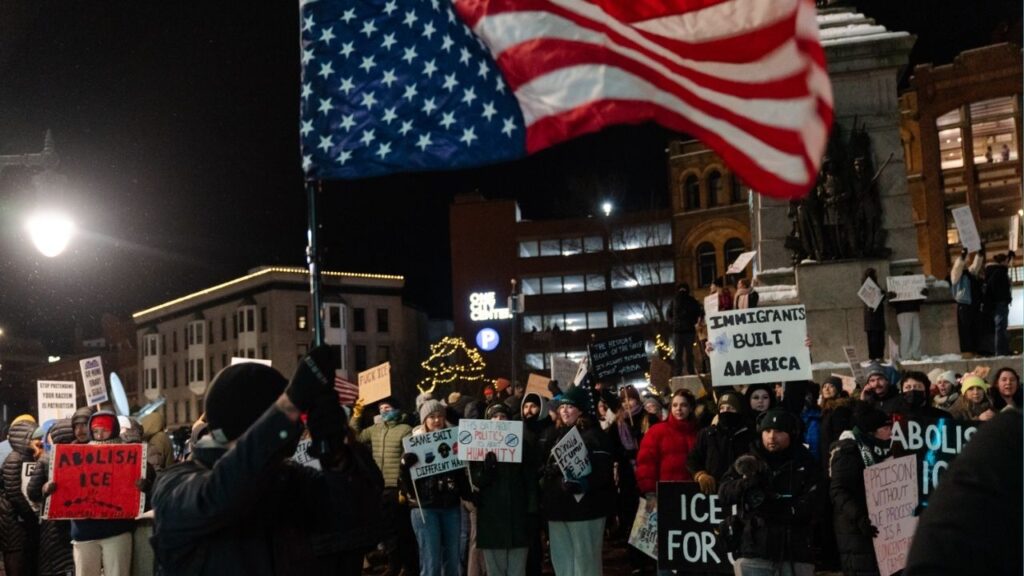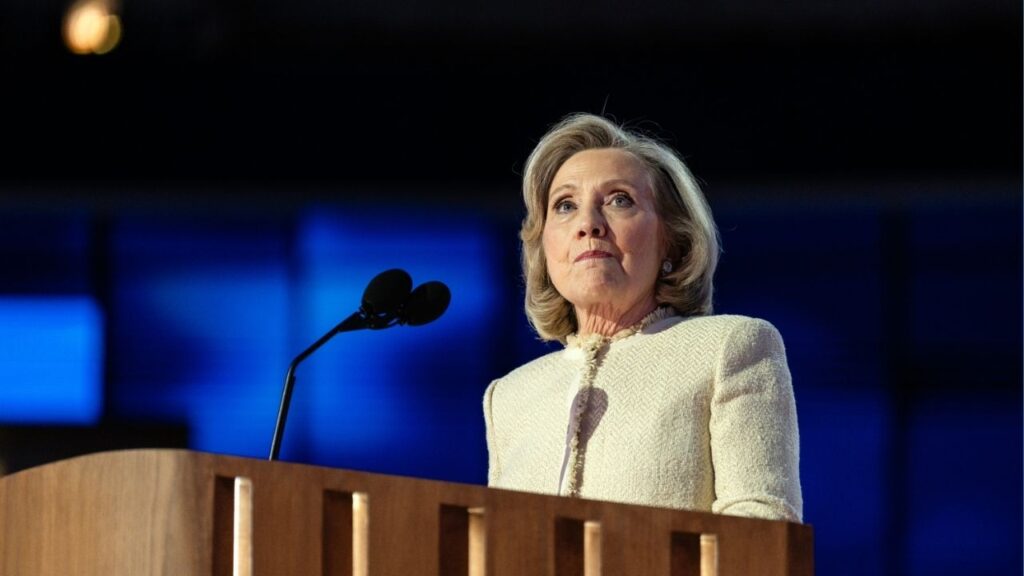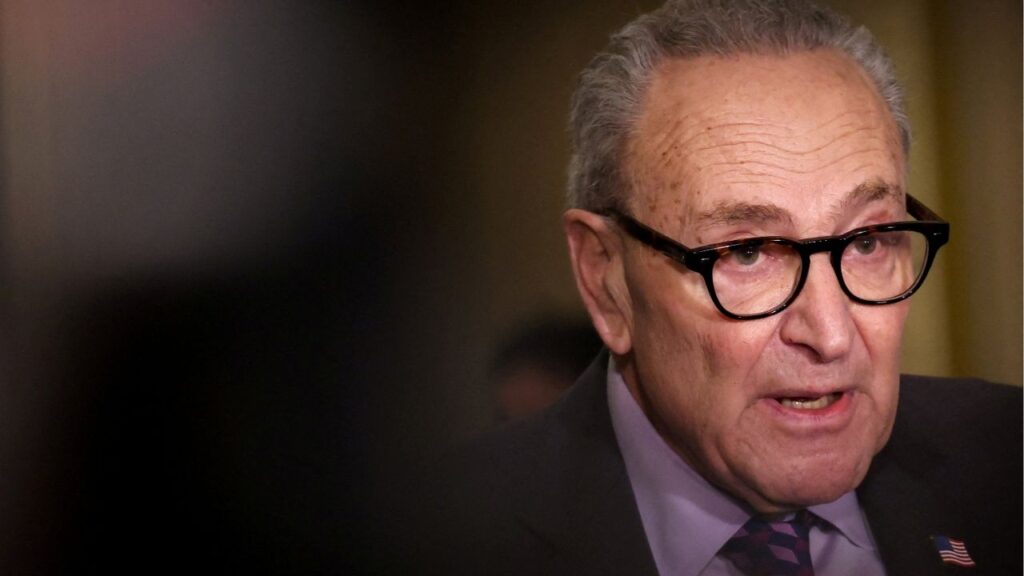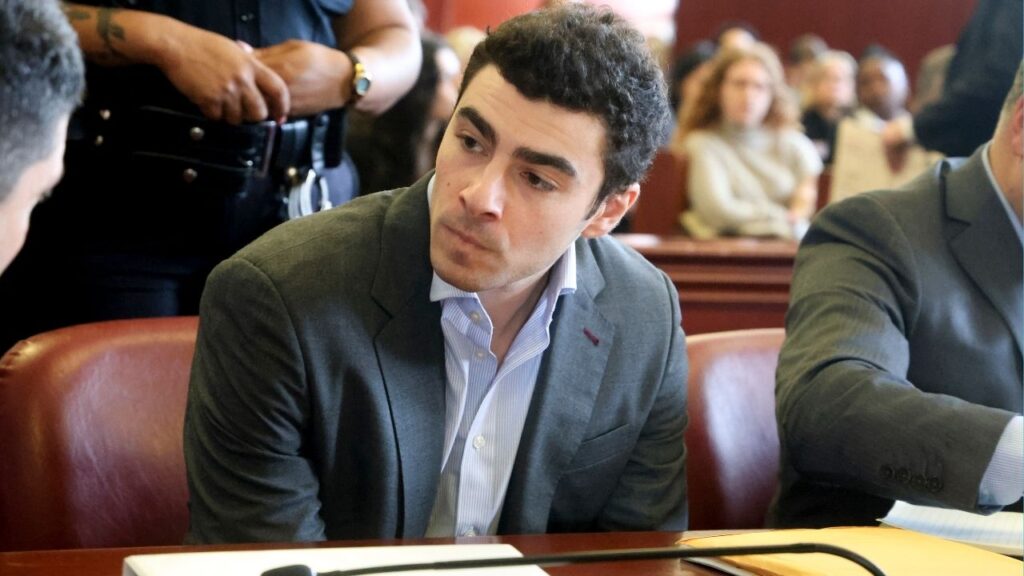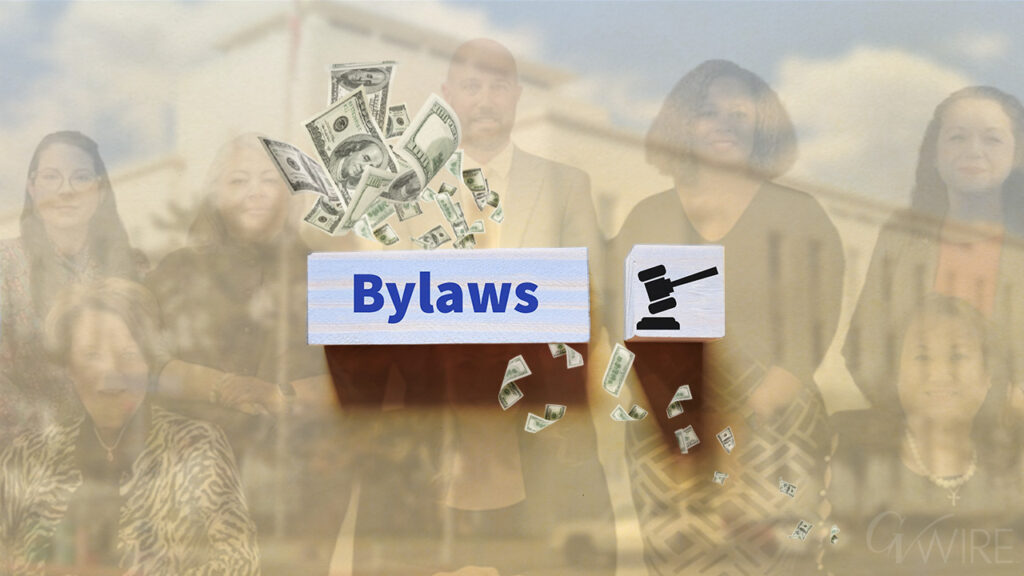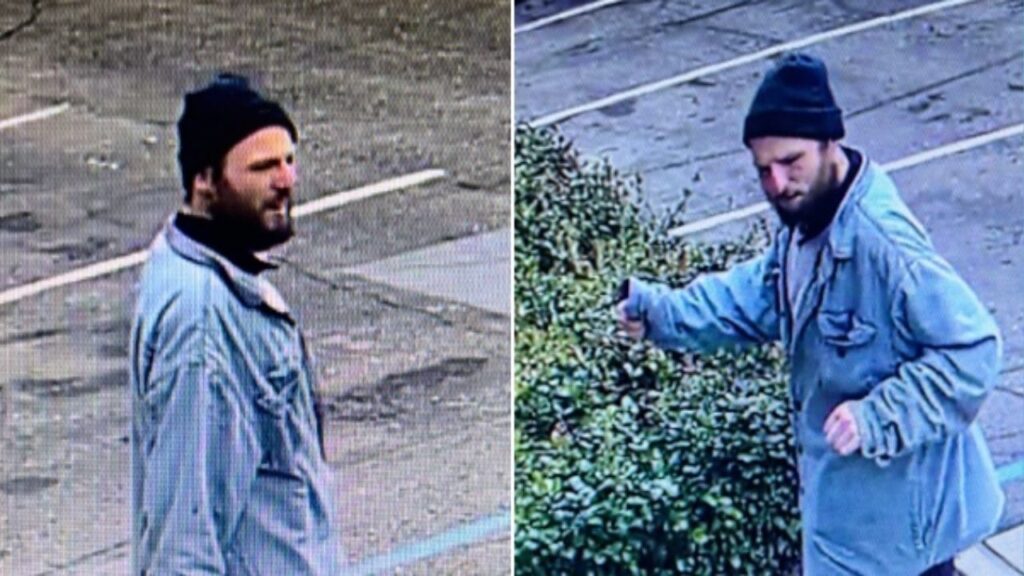Retired lawyer's health care proposal draws attention for it being named after accused killer of insurance executive. (AP/Benjamin B. Braun)
Share
|
Getting your Trinity Audio player ready...
|
A California ballot initiative, controversially named after an alleged murderer, that aims to prevent health insurance companies from denying medical care to patients has ignited debate.
Retired litigator Paul Eisner has proposed the “Luigi Mangione Access to Health Care Act,” which would make it illegal for anyone other than a licensed physician to deny, delay, or modify medical procedures or medications. The measure would enable patients to sue insurers and potentially receive triple damages plus attorney fees.
Initiative Born From Personal Experience
Eisner, who still holds an active law license, says the initiative was inspired by his personal battle with cancer and subsequent disputes with his insurance company. “People are tired of carriers, insurance companies denying them health care,” Eisner told CBS 8.
The controversial name references Luigi Mangione, the 26-year-old accused of murdering United Health Care CEO Brian Thompson in December. Eisner defended his choice of title, stating, “For a very simple reason: it is getting the attention it needs, because sometimes things require publicity.”
The California Association of Health Plans, a statewide trade group representing health care plans, condemned the naming choice, stating, “The lawyer behind this measure is trying to use a murder and act of terrorism to market his political agenda. It is a repugnant action by anyone, but especially someone sworn to uphold the Constitution and law.”
Eisner maintains he doesn’t support Mangione’s alleged criminal actions, saying, “I agree with what he was arguing, but I don’t support his method. What I am doing is the right way to do it.”
To qualify for the November 2026 ballot, the initiative needs over 546,000 valid signatures from registered California voters.
Read more at CBS 8.
RELATED TOPICS:
Categories






